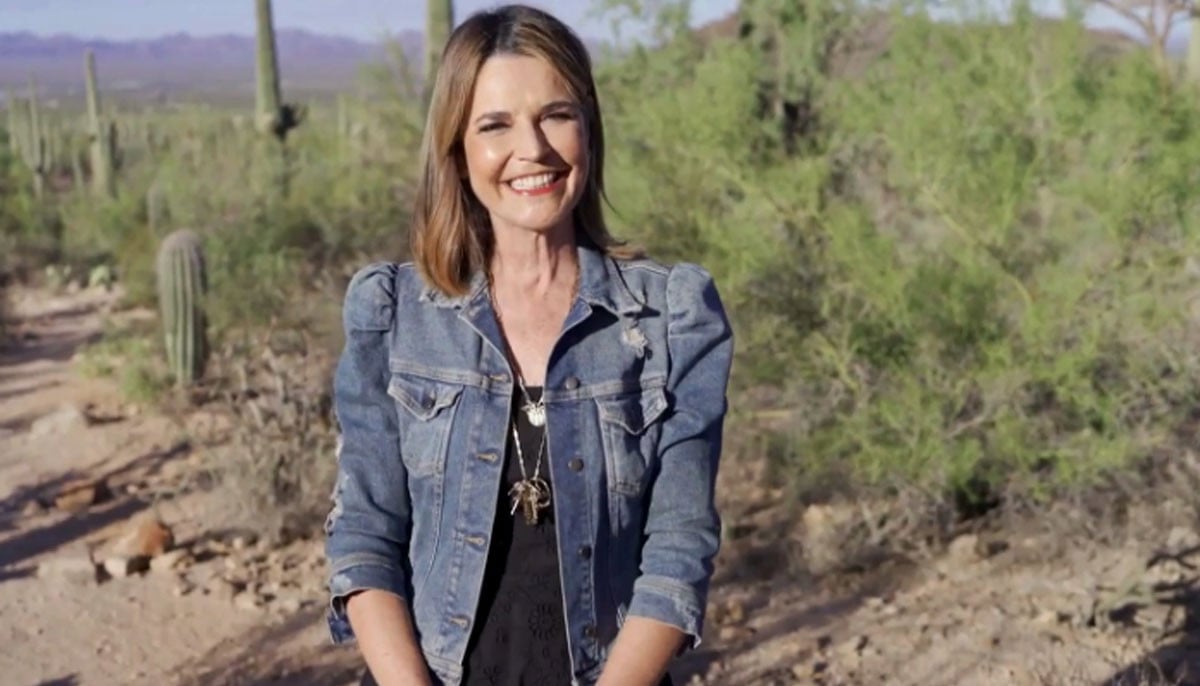2025 to witness beginning of Generation Beta
Beta will be second generation after Gen Alpha to be entirely born in 21st century
The year 2025 is bringing exciting things with it including the birth of a new generation — Gen Beta — with the members of this generation being born from this year through 2039.
Many members of the Generation Beta will live to the 22nd century and will witness technological advancements as well as the doom that comes with climate crisis, more than what their nearest predecessors went through, as per Axios.
Beta will be the second generation after Gen Alpha — born through the years 2010 to 2024 — to be entirely born in the 21st century.
Social researcher, demographer and founder of Australia-based McCrindle Research, Mark McCrindle who coined the term "Generation Alpha" said Beta would be the second largest cohort estimated to reach about 2.1 billion people following Alpha’s two billion.
He added that by 2035, the group will make up 16% of the world’s population.
Author of Generations: The Real Differences Between Gen Z, Millennials, Gen X, Boomers and Silents — and What They Mean for America's Future Jean Twenge says specific boundaries between generations become more clear as each cohort grows up.
Generative AI is defining the moment the Betas enter the world and their lives will be determined by what sticks and how.
Twenge said that the tech shaping up social relationships ends up having the most profound impact on an age group.
With Gen Z, the tech was social media and for Gen Alpha, it is virtual worlds like Minecraft or Roblox.
Moreover, Gen Beta is set to witness significant demographic change within its lifetime as fertility rates fall all over the world and life expectancy increases.
"As the Gen Betas are coming of age, the talk will not be overpopulation," McCrindle said. "It'll be population sustainability".
-
Heidi Klum gushes over Diplo collab 'Red Eye' despite DJ falling asleep during video
-
Israel behind majority of journalist deaths worldwide, watchdog claims
-
Former Sri Lankan intelligence chief arrested over 2019 Easter bombings
-
Mexico’s president considers legal action over Elon Musk cartel remark
-
Donnie Wahlberg responds to 'Boston Blue' backlash: 'Nobody was more disappointed than me'
-
Iran 'set to buy' Chinese carrier-killer missiles as US forces gather in region
-
Savannah Guthrie's fans receive disappointing news
-
Four people killed in stabbing rampage at Washington home












